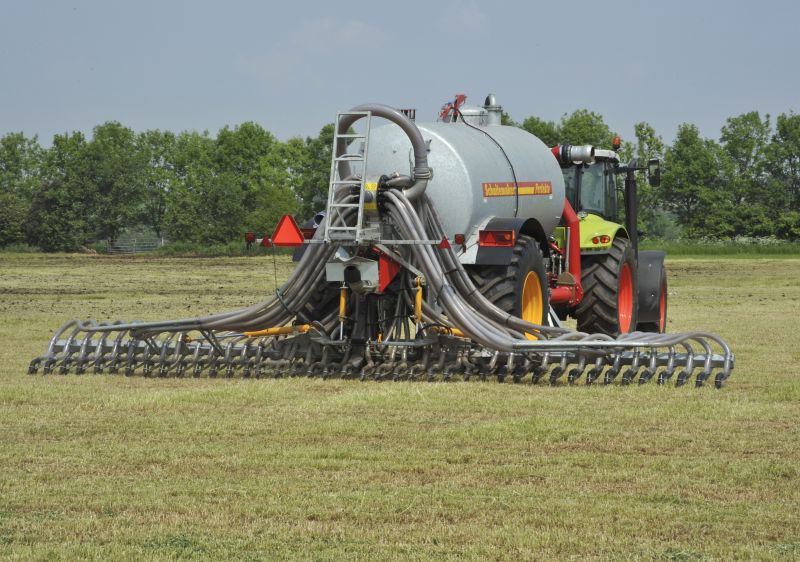
The government has recognised in its Clean Air Strategy that ammonia emissions need to be reduced to tackle nitrate pollution, following pressure from MPs.
In November 2018, the Environmental Audit Committee published its report, UK Progress in Reducing Nitrate Pollution, which concluded that Brexit presents challenges and opportunities to tackle the nitrate pollution ‘time bomb’.
The Committee found that high levels of nitrate pollution, used in farming fertilisers, might not peak for another 60 years and expressed concern that the Environment Agency lacks the resources to ensure compliance with the law.
MPs called for a new independent environmental watchdog if the UK leaves the EU, recommended an assessment of future impacts on air, water and soil quality, and requested monitoring and milestones to underpin legally binding targets on water quality.
The government’s response, published this week, acknowledges the need for a joined-up approach to reducing the agricultural pollution of water, soil and air and states that the Clean Air Strategy sets out action to reduce ammonia emissions from farming.
However, the Committee has highlighted its 'disappointment' with the government’s reluctance to publish the results of the Environment Agency’s strategic review of its water quality monitoring system and at the lack of government action to take a longer-term approach to river catchment planning.
Chair of the Environmental Audit Committee, Mary Creagh MP, said: “There is a nitrate time bomb in many of our groundwater sources. Farming is one of the biggest sources of nitrate pollution due to the historic over-use of fertilisers.
“The government’s recognition in its Clean Air Strategy that ammonia emissions must be addressed alongside other sources of nitrate pollution - one of our key recommendations - is a first step.
“But I am disappointed by the Government’s decision not to publish the results of the Environment Agency’s strategic review of its water quality monitoring system. Ministers have failed to grasp our proposed measures for a longer-term approach to river catchment planning, fobbing us off with warm words.”
The government's new Clean Air Strategy, published earlier this month, looks to tackle air pollution in the UK looks by the introduction of new regulations to be introduced for farmers to tackle emissions.
